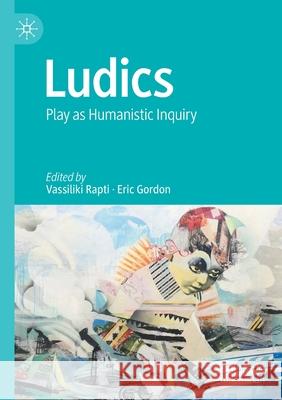Ludics: Play as Humanistic Inquiry » książka
topmenu
Ludics: Play as Humanistic Inquiry
ISBN-13: 9789811574375 / Angielski / Miękka / 2022 / 498 str.
Ludics: Play as Humanistic Inquiry
ISBN-13: 9789811574375 / Angielski / Miękka / 2022 / 498 str.
cena 402,53
(netto: 383,36 VAT: 5%)
Najniższa cena z 30 dni: 385,52
(netto: 383,36 VAT: 5%)
Najniższa cena z 30 dni: 385,52
Termin realizacji zamówienia:
ok. 16-18 dni roboczych.
ok. 16-18 dni roboczych.
Darmowa dostawa!
Kategorie:
Kategorie BISAC:
Wydawca:
Palgrave MacMillan
Język:
Angielski
ISBN-13:
9789811574375
Rok wydania:
2022
Ilość stron:
498
Waga:
0.64 kg
Wymiary:
21.01 x 14.81 x 2.82
Oprawa:
Miękka
Wolumenów:
01
Dodatkowe informacje:
Wydanie ilustrowane











